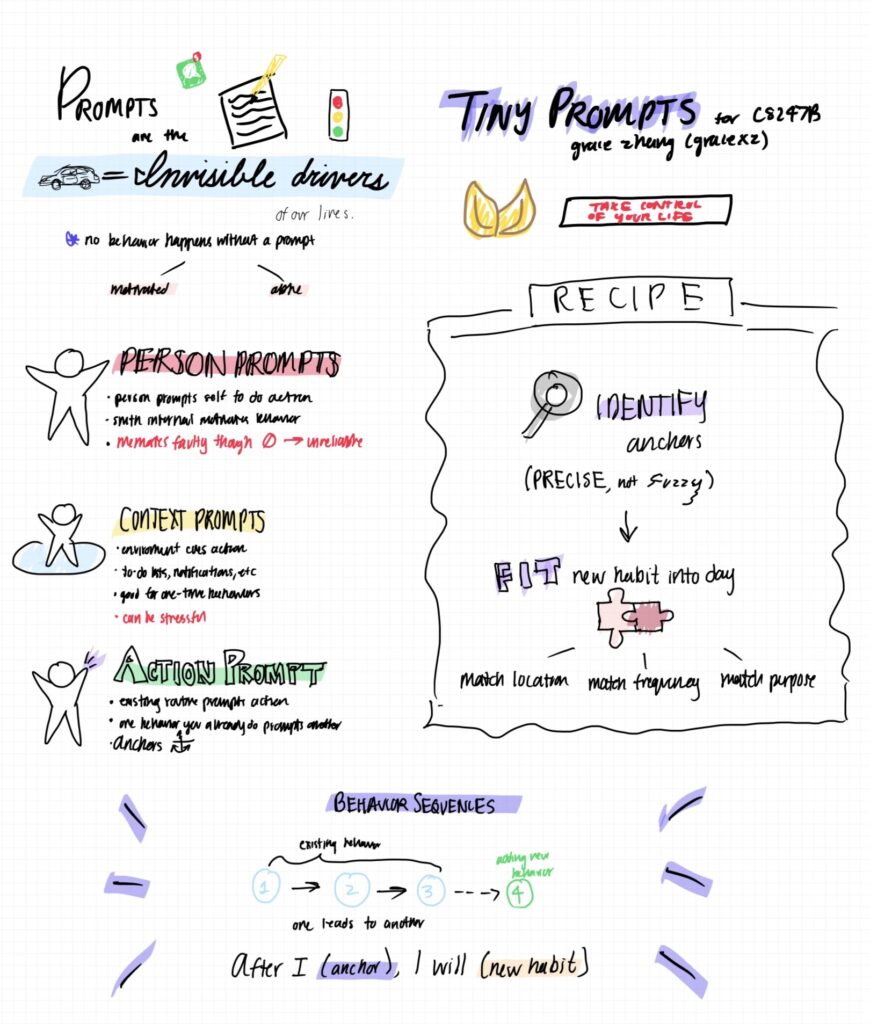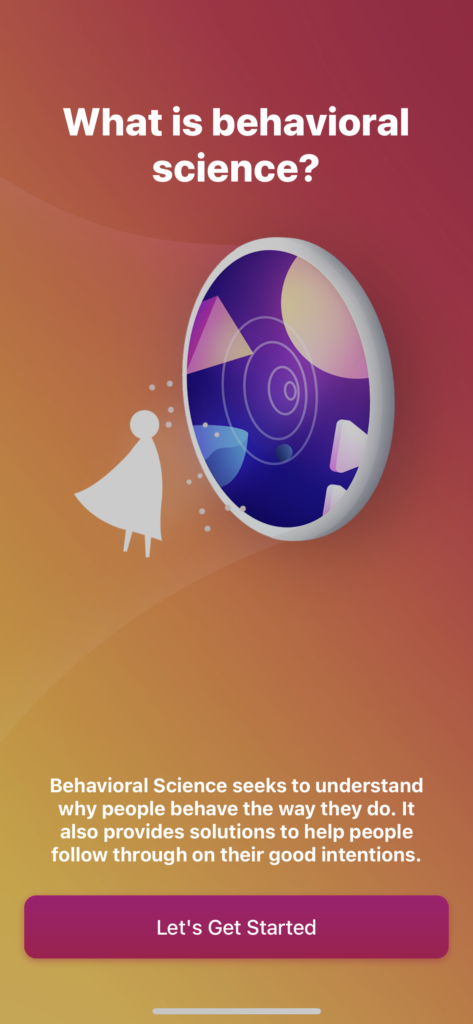Immediate Career Appeal
At first glance, my instinct is yes, I would accept a job at Facebook. The prestige of the role, coupled with financial stability and long-term career growth, makes the opportunity almost irresistible. The reading highlights the common tension between being honest with our ethical convictions and practical necessity: for many, “earning a living” is a moral duty in itself, especially when family support is at stake. In that sense, I align with the idea that providing for my loved ones could outweigh abstract ethical considerations.
Ethical Considerations
However, the deeper I reflect, the harder it is to dismiss Facebook’s track record. The reading points out that ethically conscientious individuals would not have a hard time recognizing the unethical aspects of certain jobs. Looking at Facebook through that perspective, I realized in my research that the work employees do there often sustains questionable practices. Facebook’s massive layoffs exemplify how workers can be treated as disposable resources. That in itself would make me worry about my own job security if I were to accept a job at Facebook.
From my research on the Facebook papers, additional ethical concerns emerged that made me second-guess whether I would accept a job there. As an engineer, I could find myself working directly on actions I believe are wrong. It is one thing to design the visual layout of the mobile app, but quite another to write the code for the feed algorithm or the systems that flag (or fail to flag) certain posts. For example, one particularly troubling revelation was that Facebook did not remove false and dangerous posts from Donald Trump because of his high-profile status. An engineer had to implement that exception in code, so when the reading asks me to consider how close I might be to actions I believe are wrong, I realize I could be very close. I would like to believe that if I were asked to build something unethical, I would speak up. However, at a big tech company like Facebook, I doubt my voice would carry much weight.
At the same time, the reading makes a compelling point about the duty to provide for one’s family outweighing other ethical considerations. Ultimately, I think this would be the deciding factor for me. If I were graduating without other job offers, I would prioritize supporting my family and accept the position, even if I remained uneasy about the ethical compromises involved.



“Working at a large tech company like Facebook is when you know you’ve made it in life”— at least that was along the lines of words that I often heard growing up. This mantra was incessantly drilled into me throughout my upbringing, much like how being a doctor or lawyer is expected of many children. For me, working at Facebook has always been an absolute yes because of the company’s ability to create impact, its reputation of distinguished employees, and most importantly, the financial security it promises.
While articles like the “Facebook Papers” and “Working for Ethically Complicated Organizations” offer important perspectives on the moral implications of joining a company like Facebook, my answer remains unchanged. I would work at Facebook because I was raised in a single-parent household where my mother worked day and night, sacrificing her own life so that I could climb the social ladder and eventually land a job at a company where my family historically never had access.
The irony, however, hasn’t gone over my head. I come from a community that has arguably been harmed by companies like Facebook. My mother herself is an example of worker exploitation. Yet, my choice to pursue this career path is fundamentally one of survival. There’s no fear quite like wondering where you’ll live or when you’ll eat next. I would argue that my duty to provide for my family and loved ones, as discussed in the reading, is a sufficient justification for this decision. The ethical complexity is substantial, but so is the reality of economic necessity.
Nonetheless, I recognize that taking a job at Facebook does not exempt me from ethical responsibility. If I were to accept the role without acknowledging the company’s ethical scandals and frequent prioritization of profit over user safety, then I would be no better than those who turn a blind eye. But I would argue that we all, in many ways, already are bystanders of ethically questionable work.
Consider the researchers who conduct animal studies at Stanford, the students who contribute to those labs, the professors who work in the department, the donors who fund the research, or even the humanities professor who teaches in an adjacent department and thinks they have no connection to animal studies. Don’t they have just as much ethical obligation? What makes the humanities teacher different from the researcher conducting animal studies? They are distinguished by their proximity to the ethically questionable actions; the humanities teacher has more distance from the research. Yet even at a distance, they remain implicated because the distance does not erase their connection to Stanford.
The key here, and my goal in my career, is to do what is morally right within my specific line of work. Just because I work at a company like Facebook doesn’t mean I agree with all of their actions, and it certainly doesn’t mean I can’t work to create positive change from within. Ultimately, the most effective way to improve ethically compromised companies is to fill them with ethically conscientious individuals who are committed to creating internal change.